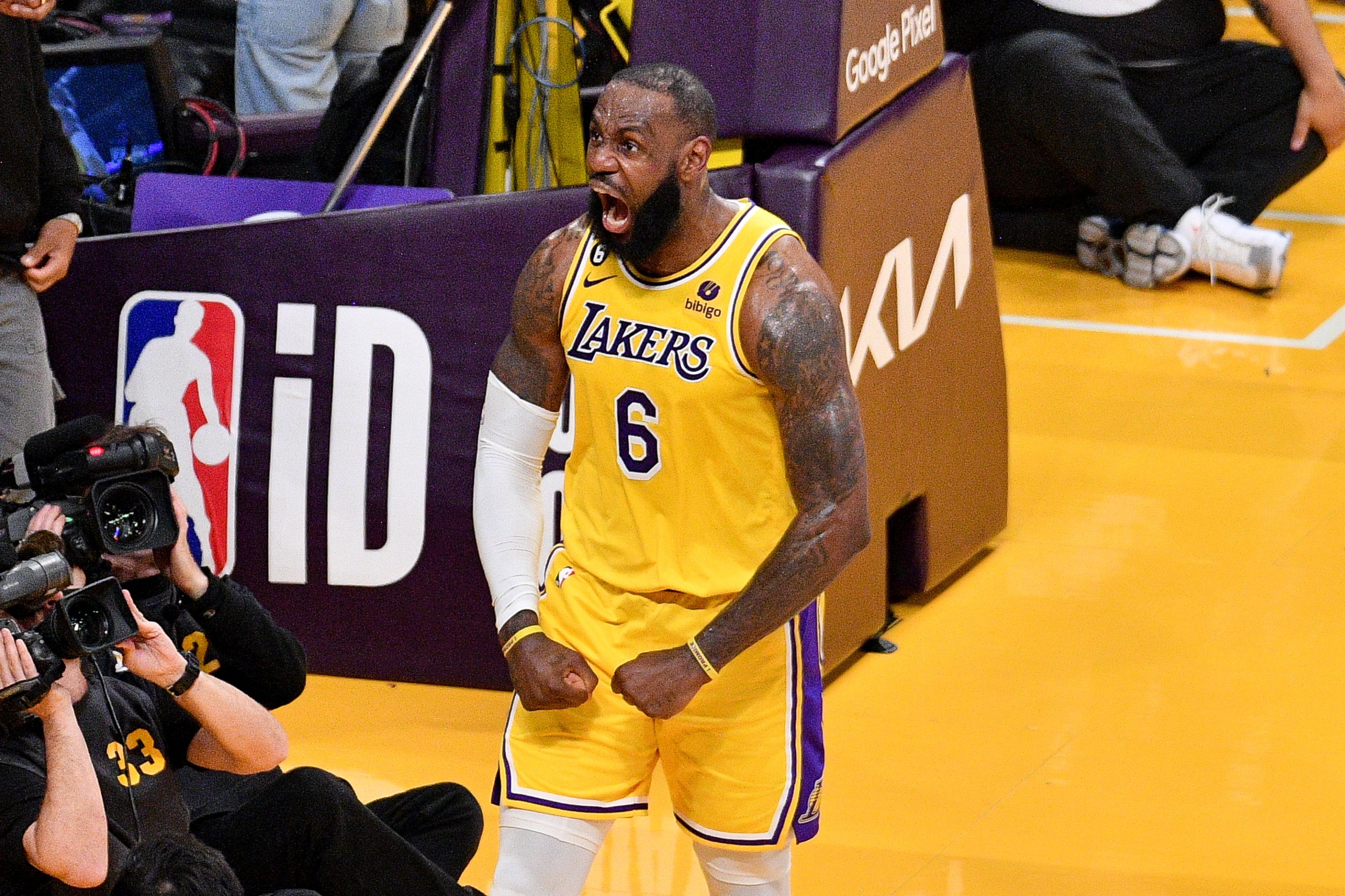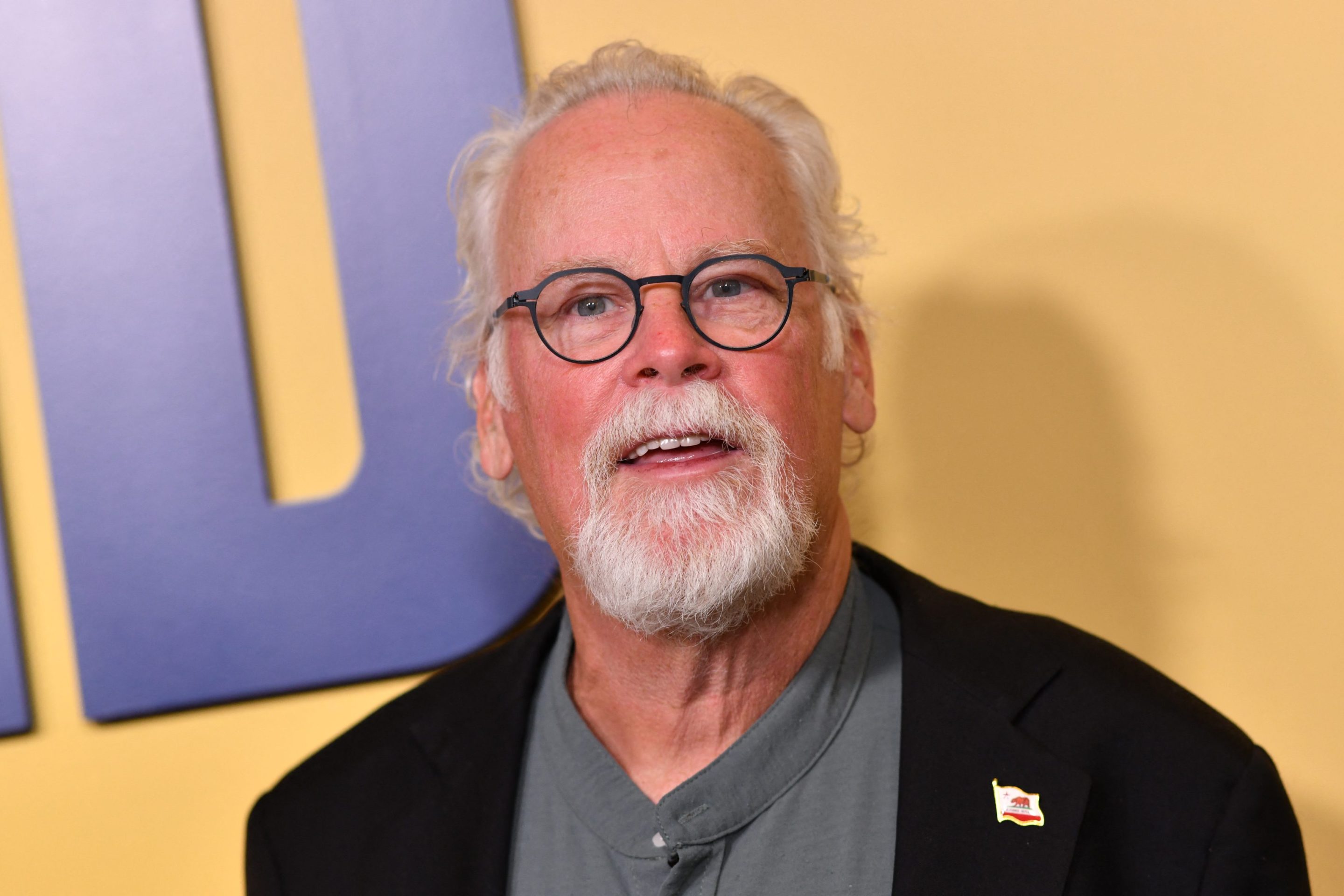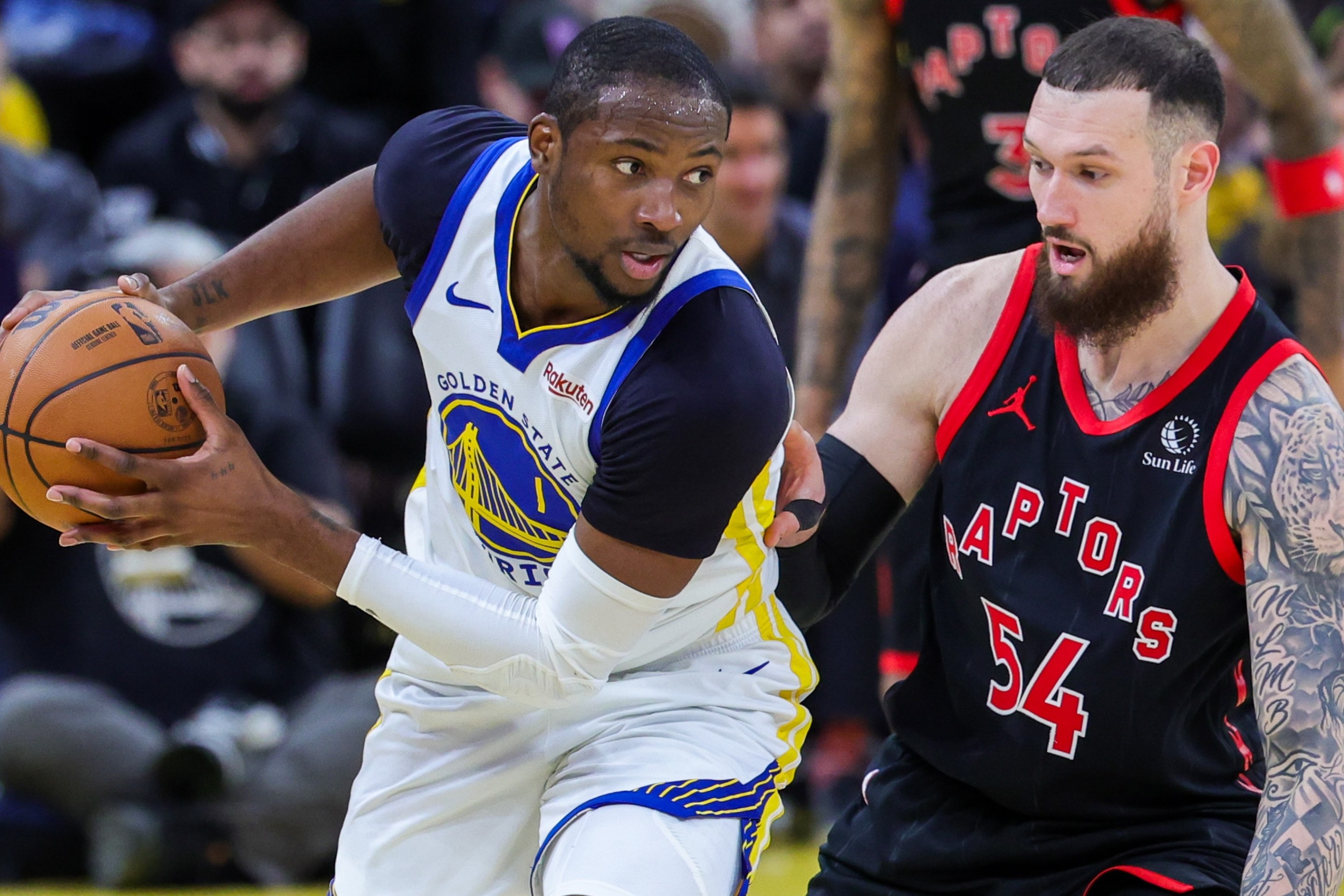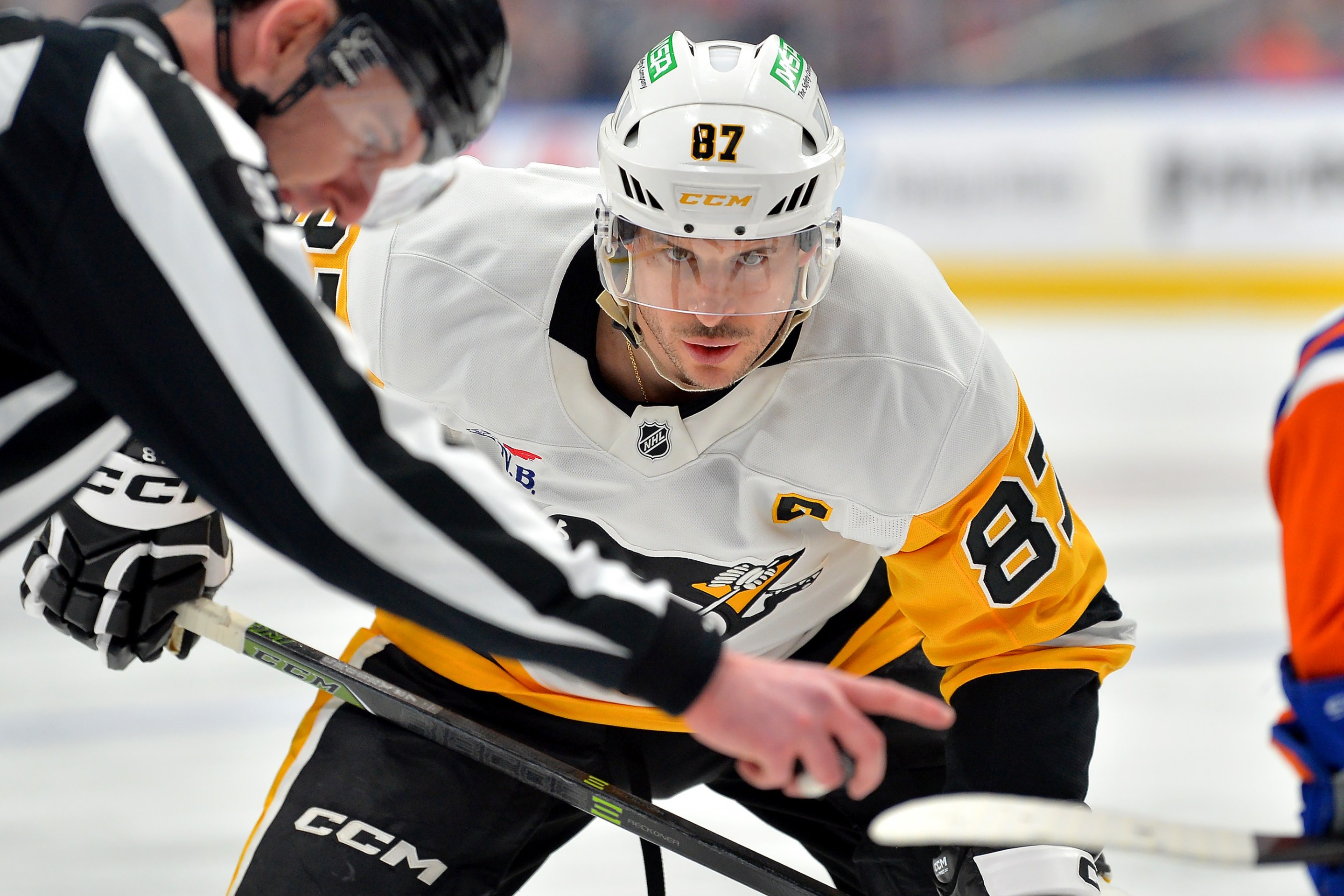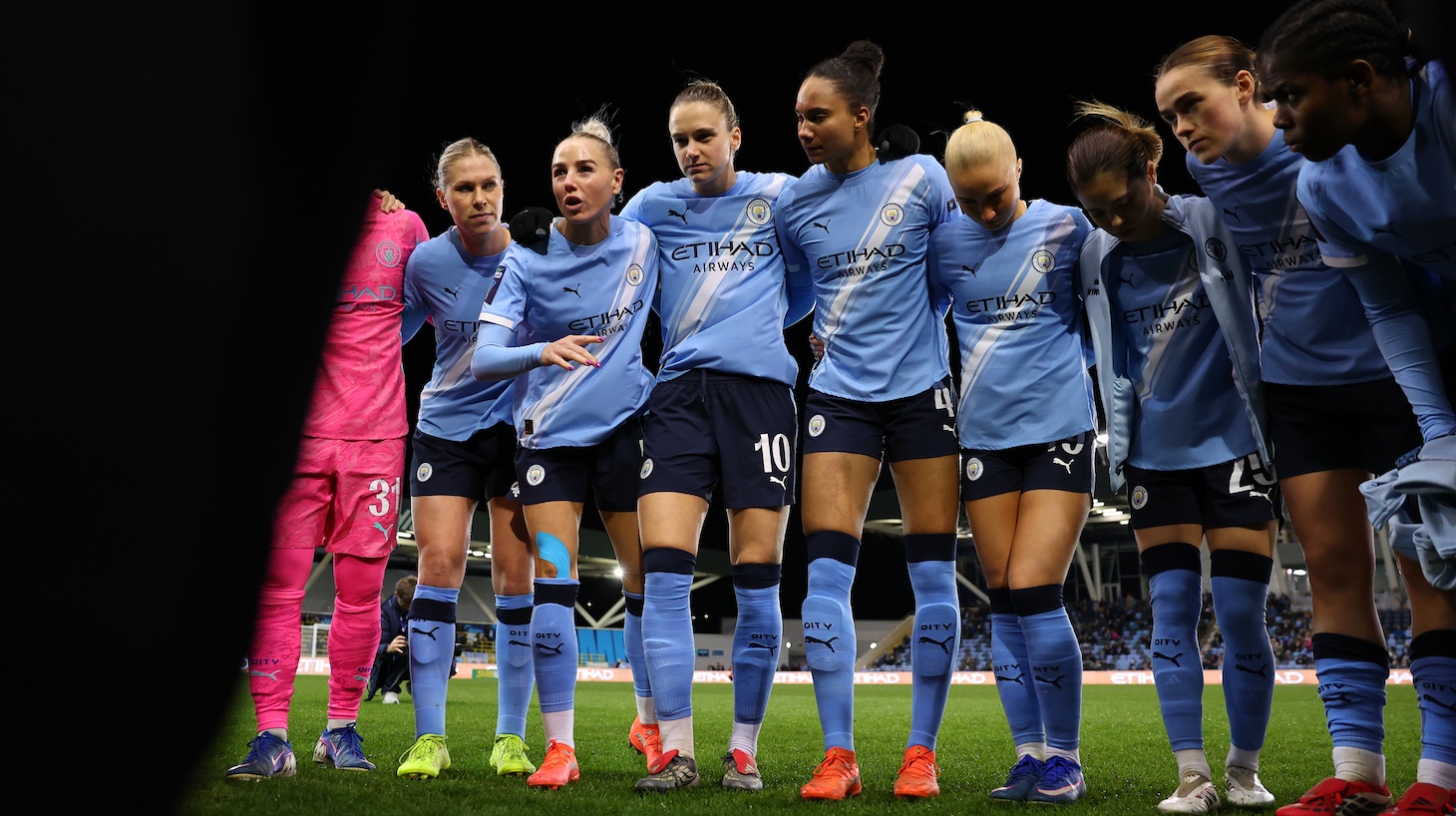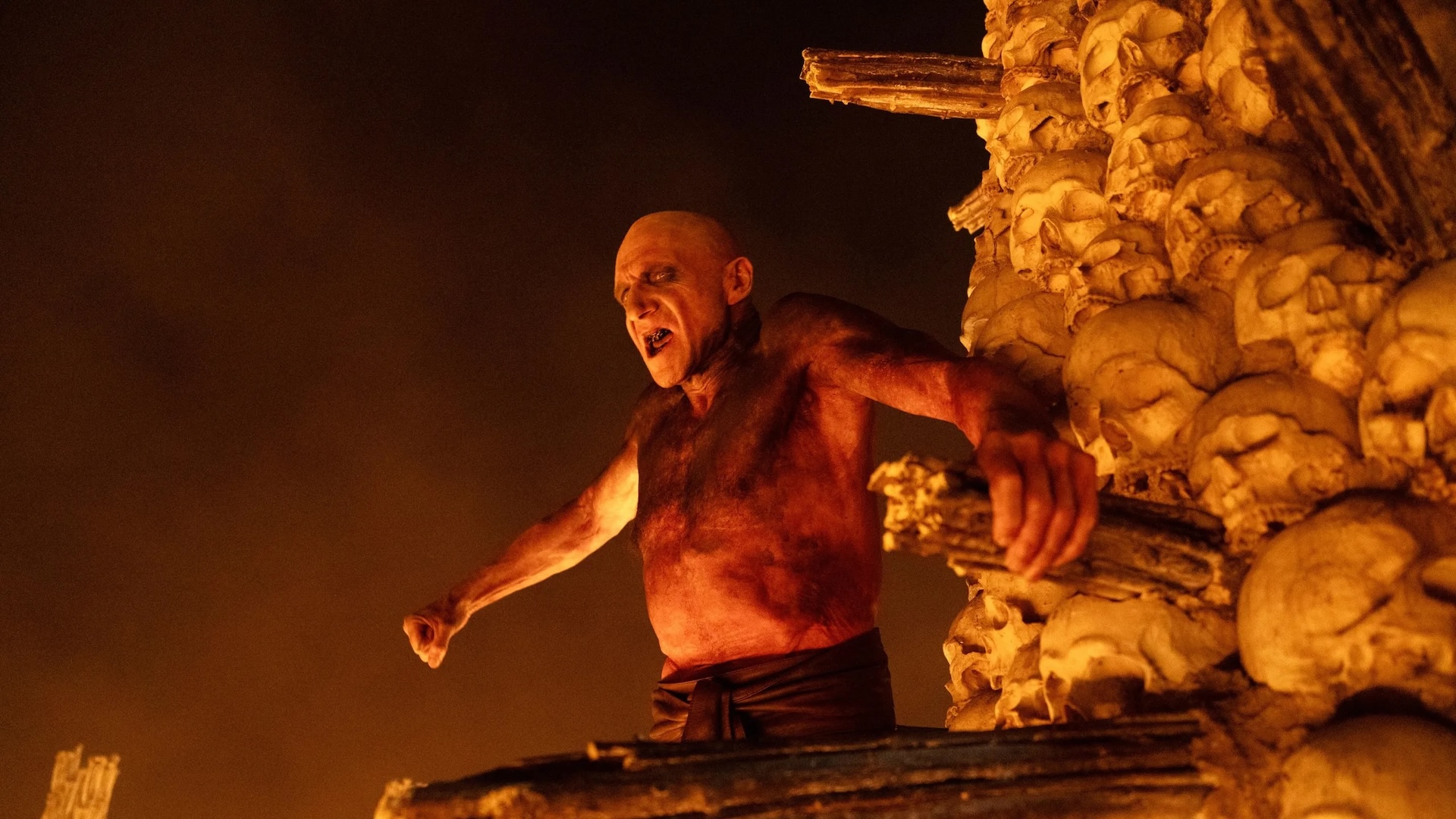It's tough not to fixate on the hope that LeBron James will, at some point in the Lakers' series against the Grizzlies, enter Ruthless Killer Mode and hang an ultra-efficient 40-piece on Dillon Brooks, thus forcing Memphis's mean-mugging enforcer to stand at a post-game podium and submit to the disgrace and humiliation of formally respecting his opponent. Possibly no NBA player of the modern era has ever so thoroughly deserved that sort of comeuppance more than Brooks.
As hard as it is not to think about all that, it's even more difficult to accept that LeBron might just not be the guy for that particular job. As a fan, I want him to be the avenging angel for one night, to drag Brooks out into the spotlight and turn him into quivering jelly. Instead, to my occasional annoyance, LeBron seems all too content to settle for winning a playoff series. Instead of going nuclear and hoisting 30 shots on Monday night, LeBron shared around the scoring duties, set some screens, spaced the floor, hit the glass, and didn't secure the final buckets of his first career 20–20 game until the final few minutes of a series-shifting overtime victory. Fans waiting for LeBron to lay his vengeance on Brooks were disappointed, but LeBron seemed satisfied.
Monday's Game 4 would've made sense as a night for LeBron to post gaudy individual scoring numbers. Anthony Davis was limited by a painful aggravated hip injury and for most of four quarters was perfectly worthless as an offensive contributor. D'Angelo Russell had a quiet first half, was repeatedly dragged out and exploited defensively as per the usual, and ran into foul trouble down the stretch. Super-sub Rui Hachimura had his first dud game of the series, held to seven points in 26 minutes by a Grizzlies defense that finally treated him with really any respect whatsoever. The deficiencies of Memphis's gallingly uninspired half-court offense allowed Los Angeles to play from ahead for a large chunk of the first half, but crummy shot-making held the Lakers to just over a point per possession during the part of the game when even just a little bit of scoring punch might've pushed them beyond the reach of any plausible second-half comeback. Naturally, you would expect that punch to come from James.
Some part of LeBron's refusal to go Kobe Mode should be credited to Memphis's defensive personnel. When the Grizzlies are grinding through another excruciating half-court offensive possession it's impossible not to notice how the organization seems to have prioritized shoulder width as its prime roster imperative, at the expense of the sort of basketball skills that most closely correlate with, you know, putting the ball into the basket. But when the Grizzlies gird themselves for another defensive sequence and start switching across Lakers ball-screens, the value of all that deltoid beef suddenly makes perfect sense. The Grizzlies are built at both the rotation level and the musculoskeletal level to prevent LeBron James from physically imposing his will on a basketball game.
The defense they've built from all that width has a way of making an opposing offense's actions look both futile and actively painful. LeBron waits at the top of the key for a screen from swingman Jared Vanderbilt, in the kind of nominal small-small two-man action that teams use in the playoffs to drag a vulnerable defender to the point of attack. But Memphis's hunkered and stubborn defense forces Vanderbilt to grapple the entire way from the wing or baseline into screening position. Immediately upon arriving his vulnerable ribcage pays the brutal tax of a Brooks shoulder charge. The precious 24 seconds of the possession are ticking away all the while.
If Vanderbilt's screen holds up—if his spine isn't whip-cracked into a painful new shape by the collision—and if the Lakers are very lucky, the Grizzlies will swap defensive matchups in the way the play is designed—at which point, for all this punishing effort, LeBron will go from being guarded by 240 pounds of Dillon Brooks to being guarded by 255 pounds of David Roddy, and with a scant 10 seconds or so within which to manufacture some offense. And that's if the play works for the offense. The Grizzlies do not idly switch, the way most other playoff defenses often do; a solid half of the time, all the Lakers will get from the action is less clock to work on a matchup they were hoping to avoid, and a pulped sternum for the poor screener. Eventually, inevitably, an offense in that scenario just starts playing hot potato with the basketball until someone has no choice but to fling it more-or-less hoopward.
All credit to the Grizzlies on that, but also this isn't all the Grizzlies. LeBron isn't quite the transcendent physical force he was even three years ago, when the Lakers won the bubble championship. He may not be "old" in quite the way Brooks intended that word to be understood, but he is for sure less inclined to hurl himself into a stout defense's bruising interior than ever before. There was a stretch in the second quarter when the Grizzlies played without any semblance of traditional rim-protection. The Lakers were up on the scoreboard, the lineup around James featured adequate shooting, and the closest thing the Grizzlies had to a shot-blocker on the floor was 6-foot-7 Xavier Tillman. LeBron had the ball out on the left wing, guarded in an isolation by Roddy, with the floor reasonably spaced around him. The best practices of 21st-century basketball demand a drive to the paint, but instead LeBron threw two jab-steps at Roddy and rose up for a very difficult contested 20-footer, a shot type that is cursed as a form of surrender when it is attempted by just about anyone less skilled than Kevin Durant. The shot went in, extending the Lakers' lead to 12 points, but it was a reminder that LeBron's game nowadays has been refined in part by necessity: It's no longer a given that he can reliably overwhelm the league's David Roddys, and there are times when it is just wiser for him to preserve his 38-year-old body by opting for a relatively low-upside mid-ranger over a bruising drive to the cup.
But! When the time comes for LeBron to Get Serious, the man can still plow his way to glory. The incredible clutch layup that sent the game to overtime was a perfect mix of Old LeBron and, uhh, "Old" LeBron. A quick first-step helped by a sturdy off-hand stiff-arm and a lowered shoulder combined to leverage Tillman out of the way and create a straight-ish runway to the paint. A previous version of LeBron would've pointed himself straight at the rim and exploded into the sky, forcing the scrambling defense and the referees to contend with what the rulebook says about the appropriate steps for redirecting a meteor. Old man LeBron went finesse mode, kissing the ball off the very most remote part of the backboard in order to avoid the gadget arms of the sport's best shot-blocker:
LEBRON JAMES TIES IT IN THE FINAL MOMENTS.
— NBA (@NBA) April 25, 2023
MEM/LAL HEADING TO OVERTIME ON TNT 🗣 pic.twitter.com/mSagnUs8NM
A minute into overtime, with the Lakers up a score, LeBron squared up on Jaren Jackson Jr. on an isolation, got the ball to his right hand, wedged himself under Jackson's armpit, and rode the big man into the paint, finishing with a low, quick scoop layup, the kind of shot you associate with puny jitterbug guards like Trae Young or Darius Garland. Three minutes later, with the Lakers up three, LeBron finally had the matchup everyone wanted, isolated against Brooks on the left wing with an opportunity to go for the kill. This time LeBron went left, and Brooks was with him step for step, riding him aggressively toward the baseline on his off hand. A final collision near the low block effectively stoned LeBron's momentum and forced a very tough inside-hand finish against weak-side help. Brooks's shooting foul on the play was probably enough to establish a winning margin for the Lakers, but LeBron threw it in off the glass for good measure, earning a big cathartic celebration:
LEBRON JAMES IS IN #PLAYOFFMODE
— NBA (@NBA) April 25, 2023
CLUTCH AND-1 AS GAME 4 COMES TO A CLOSE ON TNT. pic.twitter.com/mRmbgssUzQ
Part of the experience of watching latter-day LeBron is occasionally expecting him to just fuckin' pound the ball through the rim over some scrawny punk, and then more often than not he doesn't. He's still LeBron, and so what he does is both still effective and weirdly dissonant. In a dreary dead-of-winter tilt with the damned Orlando Magic, all those ferocious dunks that are now twisting layups can seem vaguely sad; they look something like decline, or anyway look less like the avenging deity LeBron that ruled the league in the previous decade. On Monday, though, the stakes of a playoff game were useful; the moment was too urgent for that kind of wistfulness, and the steepened stakes focused attention on the result. The question is reframed, from Can LeBron James Even Do Huge Dunks Now to the equally fun Can A LeBron James Who Can't Do Huge Dunks Still Kick Ass When It Matters. Game 4 answered that question with a satisfying and definitive "yes." In a delicious coda to all of LeBron's savvy clutch heroics, Brooks once again grumpily declined to talk to media after the game, sulking off to fume after another brutal performance, this time with the added ignominy of having personally surrendered the dagger bucket. It wasn't the big cathartic 40-pointer that the broader narrative and the sillier impulses of the fan-brain demanded, but it was a persuasive answer all the same.
